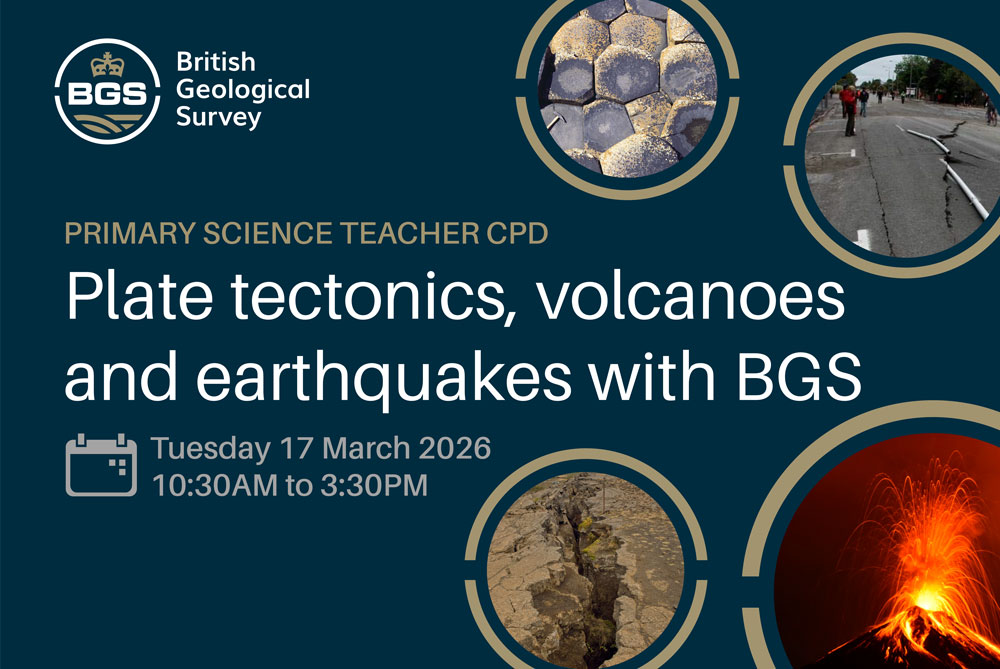Lithium resources and their potential to support battery supply chains in Africa
A new BGS report reviews known resources of lithium and engagement in the battery supply chain across key African countries.
14/07/2021 By BGS Press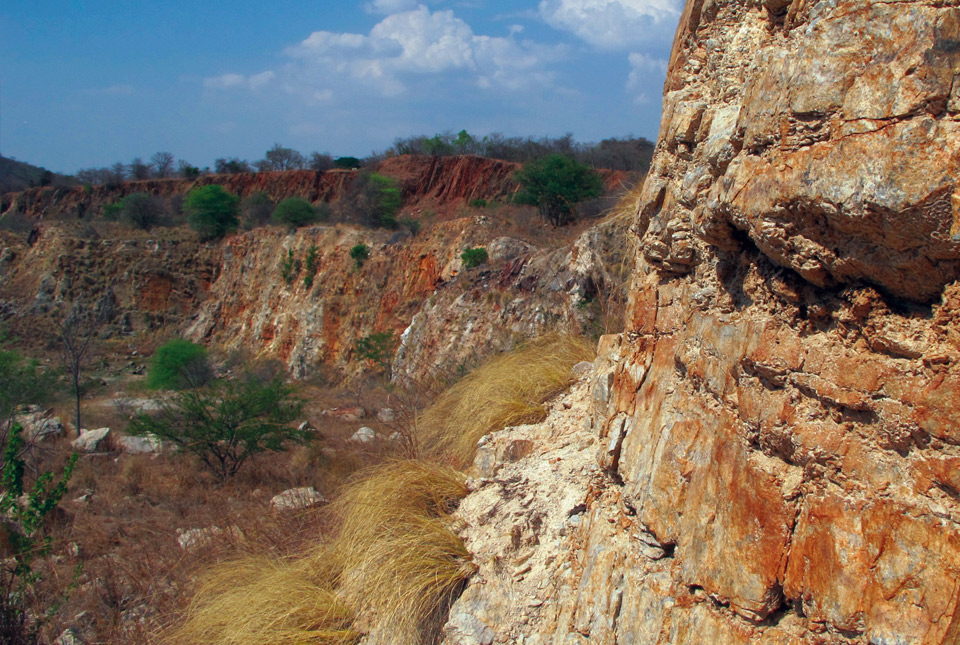
Decarbonisation of energy and transport, to meet global net zero ambitions, will require significantly increased amounts of the raw materials used to manufacture batteries and other green technologies. This report focuses specifically on lithium, one of the major battery raw materials, for which demand is expected to grow rapidly in the coming decades.
Lithium supply chains are complex and commonly global in their extent, with steps that include exploration, mining, processing, manufacturing, use and recycling. The continent of Africa has significant natural lithium resources, which may provide an opportunity for many African countries to contribute to meeting increased demand whilst also supporting economic growth. This report reviews known resources of lithium and engagement in the battery supply chain across key African countries.
Many African countries (most notably Zimbabwe, Namibia, Ghana, Democratic Republic of Congo and Mali) have lithium resources and the potential for lithium mines. However, there is much less engagement in critical stages further along the supply chain. Currently, Africa has very little capacity for lithium mineral processing, further refining of lithium chemicals, or manufacture of battery components. This leads to a typical situation where mineral concentrate is exported: value is added outside Africa and products using lithium-ion batteries are then imported. There is clear potential for Africa’s lithium resources to make an important economic contribution, but this should be placed in the context of the wider supply chain. In particular, the potential for regional cooperation on refining and production of lithium chemicals deserves further consideration.
There is currently limited data on the specific socio-economic and environmental impacts of lithium pegmatite mining. Development of new lithium mines across Africa will be most successful if good governance, human rights and minimising environmental impacts are all considered as priorities.
Related news
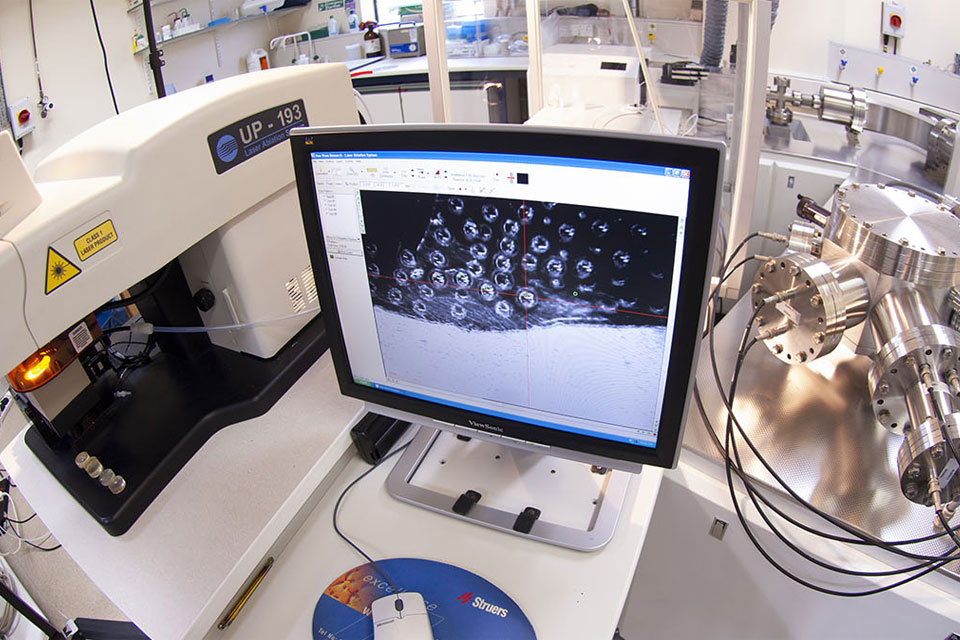
Call for new members and Chair to join the NERC facilities steering committees
25/02/2026
New members are needed to join the committees over the next four years.
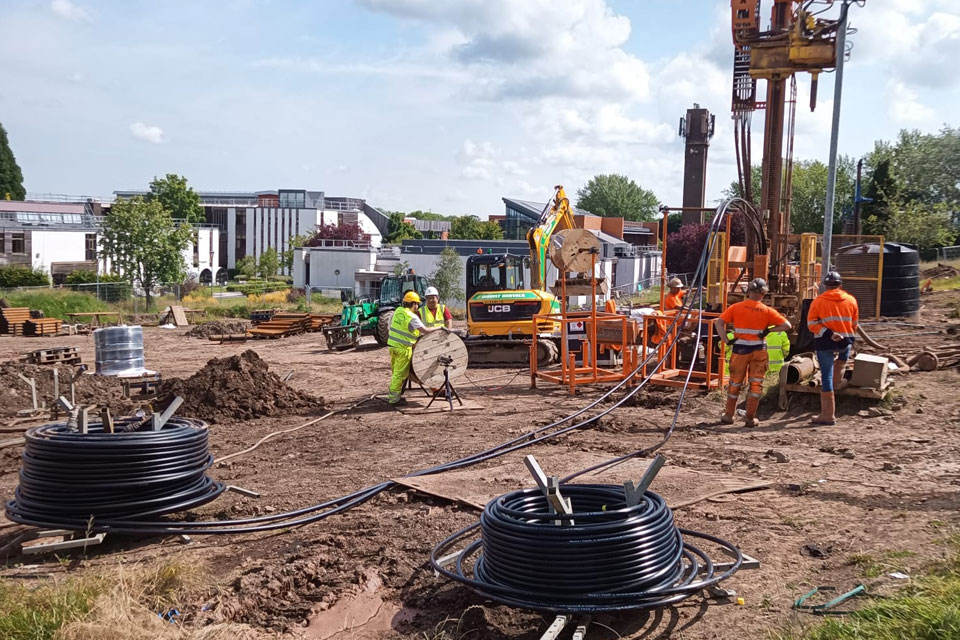
Your views wanted – developing a ‘Geothermal energy subsurface data portfolio’
24/02/2026
BGS is aiming to support the growth of the sector by providing the best-available, location-specific geothermal and ground source heat information as an accessible product or service.
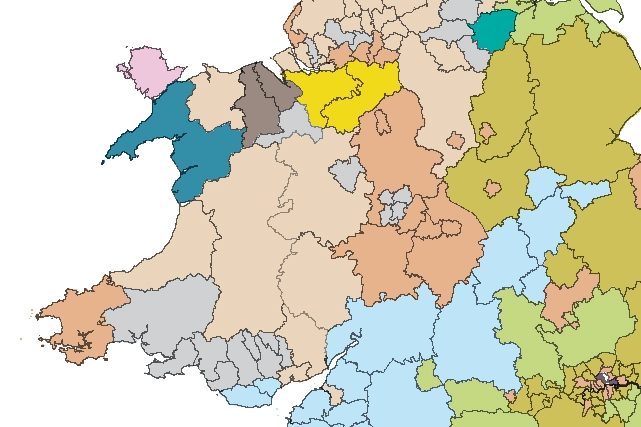
Map of BGS BritPits showing the distribution of worked mineral commodities across the country
18/02/2026
BGS’s data scientists have generated a summary map of the most commonly extracted mineral commodities by local authority area, demonstrating the diverse nature of British mineral resources.
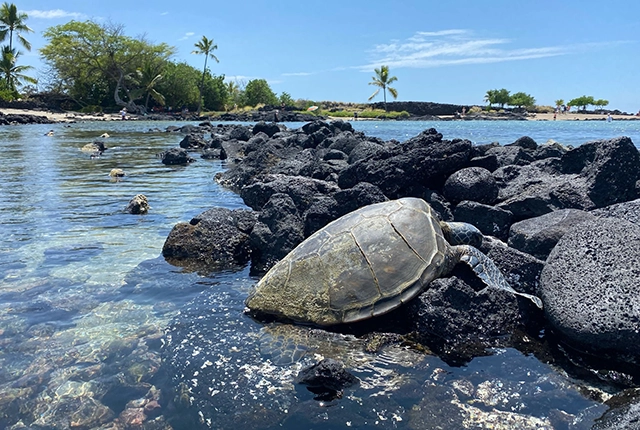
MARC Conference 2025: highlighting the importance of conferences to PhD students
16/02/2026
BGS and University of Nottingham PhD student Paulina Baranowska shares her experience presenting her research on nuclear forensics at her first international conference.

Funding awarded to map the stocks and flows of technology metals in everyday electronic devices
12/02/2026
A new BGS project has been awarded Circular Electricals funding from Material Focus to investigate the use of technology metals in everyday electrical items.

New UK/Chile partnership prioritises sustainable practices around critical raw materials
09/02/2026
BGS and Chile’s Servicio Nacional de Geología y Minería have signed a bilateral scientific partnership to support research into critical raw materials and sustainable practices.

Extensive freshened water confirmed beneath the ocean floor off the coast of New England for the first time
09/02/2026
BGS is part of the international team that has discovered the first detailed evidence of long-suspected, hidden, freshwater aquifers.

Funding secured to help mitigate ground risk in UK construction sector
05/02/2026
The BGS Common Ground project has been awarded new funding to help unlock the value of ground investigation data.

After-school kids’ clubs
Event from 25/02/2026 to 25/03/2026
An after school club for junior geology enthusiasts

Can sandstones under the North Sea unlock the UK’s carbon storage potential?
02/02/2026
For the UK to reach its ambitious target of storing 170 million tonnes of carbon dioxide per year by 2050, it will need to look beyond the current well-studied geographical areas.

Quaternary UK offshore data digitised for the first time
21/01/2026
The offshore wind industry will be boosted by the digitisation of a dataset showing the Quaternary geology at the seabed and the UK’s shallow subsurface.



